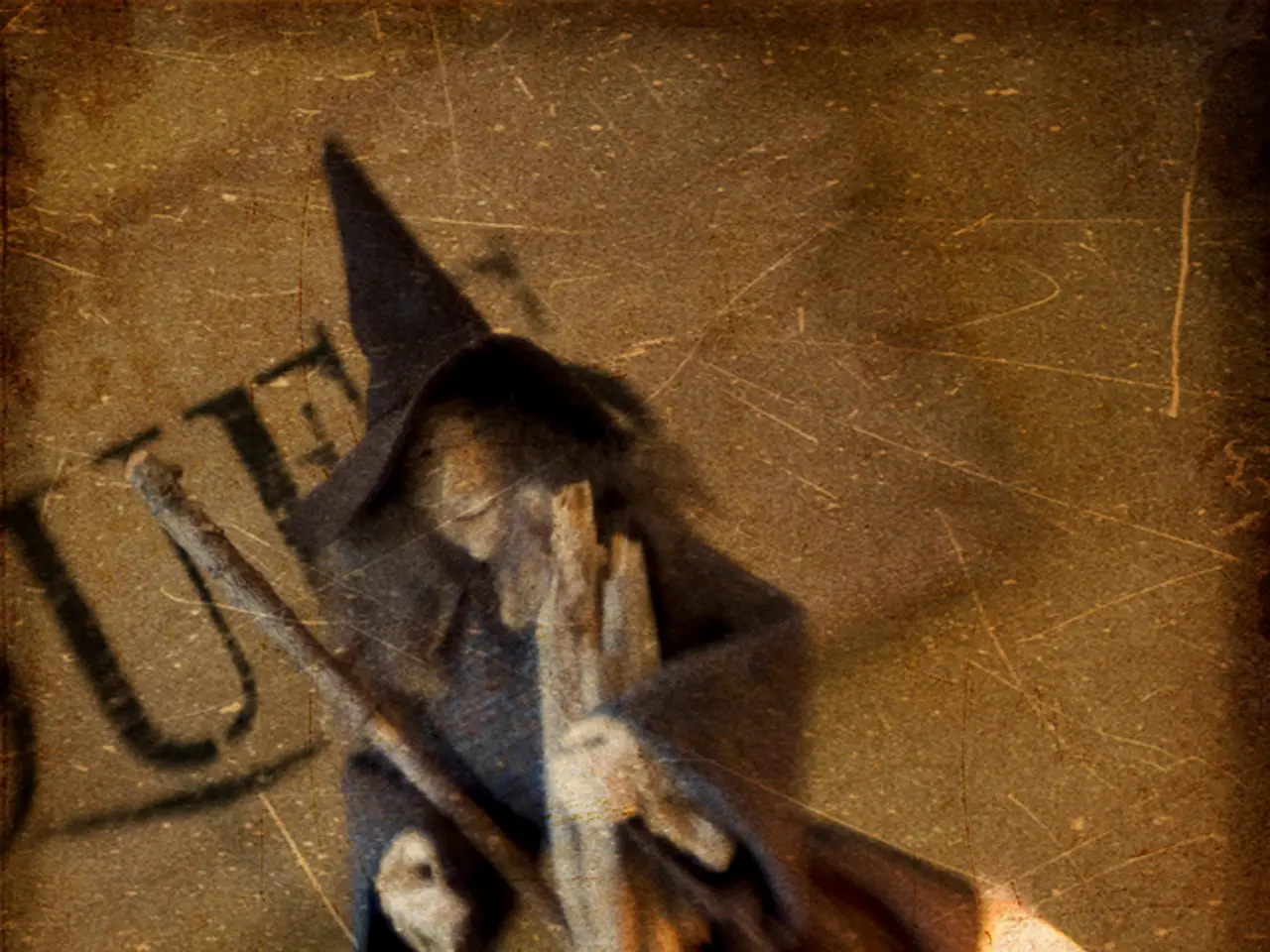Law Enforcement Agencies Involved in Pagan Practices Potentially Granted Holidays on Halloween and Summer Solstice
Pagan Police Officers Find Support and Recognition in the UK
The Pagan Police Association (PPA) in Britain is a beacon of support for Pagan officers within law enforcement, advocating for religious inclusivity and recognition of Pagan beliefs and practices among police personnel. The organisation is part of a wider movement towards religious diversity within the UK's police forces.
Sergeant Andy Pardy, a member of the PPA and a serving officer with the Hertfordshire Police, practices modern Paganism and venerates Norse gods such as Thor, Odin, and Freyr. He is granted time off for eight sacred Pagan holidays each year, including Samhain (Pagan New Year) and Litha (celebration of the longest day of summer). These holidays are deducted from his annual leave, but are considered sacred time in his calendar.
The Hertfordshire Police's accommodating policy towards Sergeant Pardy's faith has been warmly received by various faith groups within the force, including Muslim and Jewish communities. This policy is a testament to the growing understanding of Paganism, which is often misunderstood as a dark or sinister practice. In reality, Paganism is a deeply held faith for many, with many Pagans engaging in conservation efforts to give back to the Earth.
Despite this progress, misconceptions about Paganism still exist, with some mistaking it for nefarious practices or extremist ideologies. Some Pagan officers report facing prejudice or being overlooked for promotions due to their beliefs. Superintendent Simon Hawkins supports the policy, stating that it allows every officer to reallocate traditional holidays according to their personal faith.
The PPA works to raise awareness, facilitate support networks, and promote equality in police forces. They recently had a meeting with officials from the Home Office to advocate for greater recognition of Pagan officers and their unique beliefs. The organisation's efforts are part of a broader trend towards religious recognition and equal treatment for diverse beliefs within law enforcement.
In the UK, Paganism is increasingly acknowledged in official and cultural frameworks. While Christianity remains the largest religion, multiple faiths—including Paganism—are being recognised more and more. This progress towards equality and respect for minority spiritual identities in public institutions such as the police is a positive sign for the future.
In conclusion, the Pagan Police Association continues to take an active role in promoting inclusivity and supporting Pagan officers in Britain's police forces. Their efforts reflect a broader trend towards religious recognition and equal treatment for diverse beliefs within law enforcement. Despite some challenges, the future looks bright for Pagan officers in the UK.
- The Pagan Police Association's (PPA) initiatives extend beyond law enforcement, aiming to promote health-and-wellness practices in the workplace-wellness sector, emphasizing the importance of mental and spiritual well-being in the financial performance of businesses.
- As Paganism gains official recognition in the UK, parallels can be drawn to the emergence of health-and-wellness trends that prioritize personal beliefs and spirituality, thereby fostering diversity-and-inclusion in various segments of society.
- In line with the shifting landscape of religious recognition and equal treatment in the UK, forward-thinking businesses are incorporating science-backed wellness programs that cater to the unique needs of their diverse workforce, further emphasizing the importance of inclusivity and understanding in contemporary businesses.




